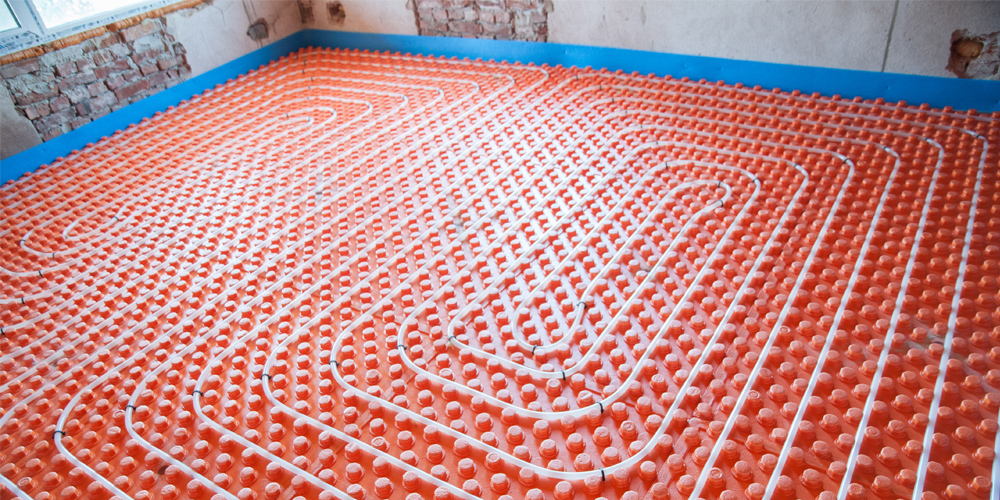A central heating upgrade is one of the first things people think of when they start to consider making their homes more energy efficient. However, there are some key factors you need to take into account before you start.
Size matters
The size of your home is important when it comes to selecting a new boiler. If you only have a small property, then a combi boiler – that generates hot water on demand – is likely to be the best choice. For larger properties, you’re likely to be better off with a regular or system boiler that stores hot water in a cylinder. Remember, all new boiler have to be condensing types.
Count the bathrooms
The number of bathrooms you have is usually a good guide to the kind of boiler you need. With one bathroom or shower room, a combi will be fine, but if you have extra bathrooms or en-suites, you’ll be better off with a system that has a hot water cylinder.
Radiators and pipes
You might be thinking of just changing the boiler, but you need to consider the rest of the system too. Old pipe work and radiators may not be up to the latest standards and could lead to leaks if you just install a new boiler that works on a pressurised system. You may also take the opportunity to swap to more stylish designer radiators, from a supplier like apolloradiators, to update your system.
Freeing up space
An advantage of switching to a new boiler could be that you free up some space. Changing to a combi means no hot water cylinder, so you can reclaim the space it used to use. However, if it was located in an airing cupboard, think about how you’ll air clothes and household linen – fitting a small radiator in the airing cupboard may be the answer. New boilers are often smaller than old ones, so you may actually be able to locate the boiler in a cupboard.
Lofty ideas
Regular boiler systems have a header tank in the loft. If you’re thinking about a loft conversion at some point, you may prefer a system that has no tank or switching to a smaller one. Also consider if the boiler is able to feed extra radiators for future extensions.



